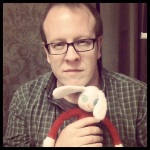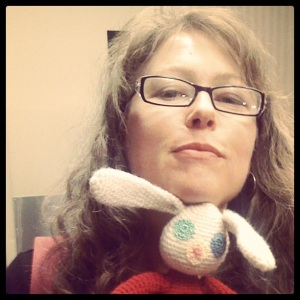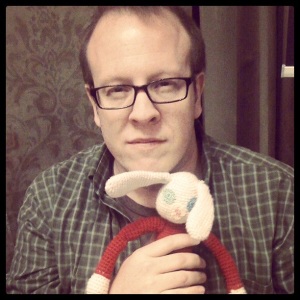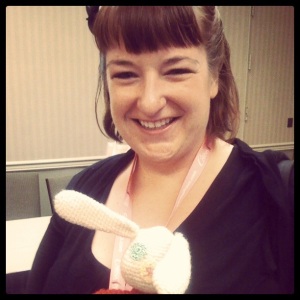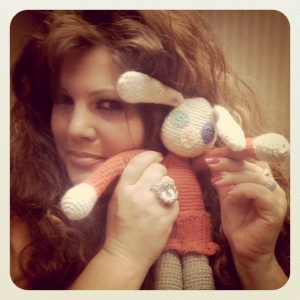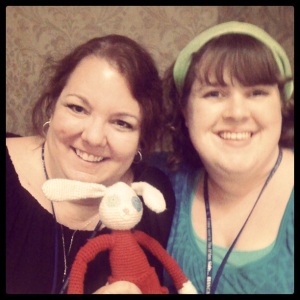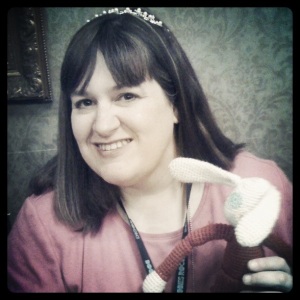It’s been a busy year. Two? No, just over one. But now I work a night shift, so on nights off perhaps I’ll actually write something here.
First up: Buckwild and Catfish, because fast edits are easier to follow at 3am when I’m trying to keep my eyelids up and everyone else in the house is sleeping.
I never fell for Jersey Shore, the most obvious parent of Buckwild, I just didn’t really have much frame of reference for the show-even though I do watch plenty of crappy reality TV. I admit I tuned in because I grew up in a small mountain town where people were born, lived and died without much escape. The reason I have watched every episode so far this season is that beyond the drinking and hooking up, the characters on the show are experts at inventing their own fun. How many other shows can I think of (short of mythbusters?) where young adults make their own fun in ways that don’t include going to a bar or buying something (including an experience). Mudding, dump-truck swimming, jumping off rocks, truth or dare, riding a lid behind a four wheeler and other shenanigans may not be safe, but they show a certain level of ingenuity. For some reason I find it a little inspiring, though I can’t say I’d want to try those particular activities or want my kid to give them a go.
Next up, Catfish. As someone who started meeting “internet people” in real life in 1999, I find it a little surprising both that online relationships are so normal in our culture now, but also that people engaging in them are still so easily misled. In 1999, before cell phones or webcams or skype were common it wasn’t surprising people met up after having very little offline contact. It surprised me that there are people who go an extended period of time and build a very elaborate relationship without video chat. It doesn’t surprise me that people create elaborate personas online, or that people fall for the lie… just that people are able to maintain this state for such a long period of time.
I have been pleasantly surprised by how well the show treats each week’s subjects. It could easily have been more exploitative of shock factors (She’s a he! You’ve known her all along! The international model is really a small town dreamer). The internet is such an excellent place to practice being yourself, even if your insides don’t match your outsides. Stories where young people see each other’s true selves and still love one another are so encouraging and make me tear up.
In 1999 I met “internet people” who are friends to this day, I even eventually married one of them. At the time “internet friends” were assumed to be organ harvesters, or basement dwellers, but the people I met were just in search of community. That need still exists now, but there are so many more tools to help, and having an online footprint is so very normal. Yes, the show has featured bullies-a hazard online and off, but contextualizes them as only one facet of online living.
